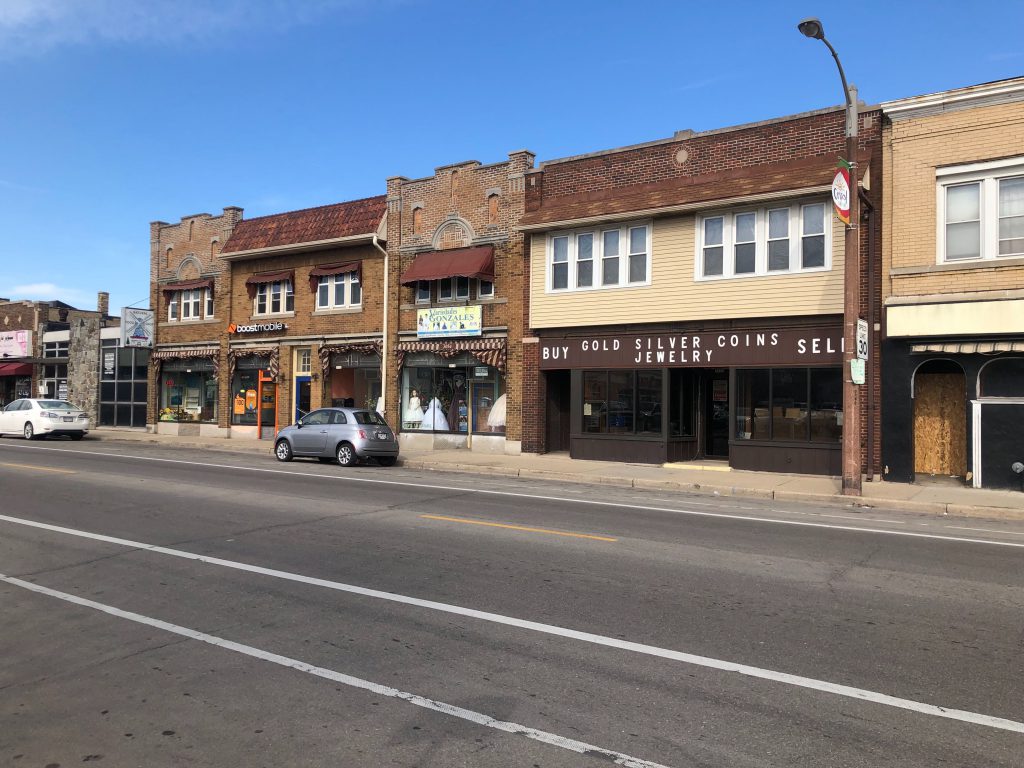Real Estate Survey Shows Big Changes
Amid pandemic, companies renegotiate leases, accept interest-only payments, buy from panic sellers.
A 14-question survey of the members of six Milwaukee real estate industry organizations sheds insight into how businesses are grappling with challenges related to COVID-19 and what the real estate industry is doing in response.
Strategies include everything from extending leases in exchange for lower payments during the pandemic and switching to interest-only payments on loans to preparing to buy properties from panicked sellers and planning for cheaper construction prices.
The 345 survey respondents include developers, attorneys, brokers, property managers, lenders and construction professionals.
The responses offer guidance to business owners faced with diminished or no revenue on how they could respond to their landlords and lenders.
Almost 50 percent of property owners and managers responded that they’re “seriously considering” adjustments to the length of leases in exchange for rent relief and over 43 percent responded they’re considering lower rent or free rent. Only 16 percent said they’re not considering any adjustments.
“Good long term tenants we are applying their security deposits as base rent. Those screwed we are doing more, and those that are pigs we are putting the screws to,” wrote one anonymous respondent.
Lenders were asked if they thought their borrowers would approach them for modification of loan terms and only one of the 54 respondents said they didn’t expect a single borrower to approach them. A total of 11 percent of responding lenders said they expect more than half of their borrowers to approach them.
“We are offering 90 days of interest only for those Borrowers who can validate that their business has been materially impacted (mostly hospitality and retail). Providing blanket payment relief to all clients regardless of the COVID-19 impact to their business is irresponsible,” wrote one respondent.
How long will the pandemic seriously impact business operations? Four of 344 respondents projected no impact, while 78 percent of respondents expect the impact to last longer than three months and nine percent expect it to last longer than a year.
Respondents were asked an open-ended question regarding what opportunities they saw. Their responses ranged from learning how to use remote technology to buying properties from distressed sellers to a growth in industrial space for logistics to downsizing in office space as firms increase work-from-home options.
And while unemployment claims skyrocket in many industries, what will happen in real estate? Just under 10 percent of respondents said they plan to reduce staff, but 23.6 percent said they’re still undecided.
College students trying to break into the industry might have a harder time this year. Only 24 respondents (6.7 percent) said they’re certain to hire interns this summer.
The survey was circulated by the Building Owners and Managers Association (BOMA), Commercial Association of Realtors Wisconsin (CARW), Institute of Real Estate Management (IREM), Marquette University Center for Real Estate, Commercial Real Estate Development Association (NAIOP Wisconsin) and Wisconsin Commercial Real Estate Women (WCREW).
The survey partners said they hope to release results by Friday on cross-tab calculations that will break out results by property type and other sub-groupings.
You can view the questions and responses in the 38-page report.
If you think stories like this are important, become a member of Urban Milwaukee and help support real, independent journalism. Plus you get some cool added benefits.























While knowing the impact on commercial real estate is useful, it pales in importance to the impact on residential real estate. How many mom & pops will fail, and their property in foreclosure? How many will become homeless? How will an increase in homelessness impact Milwaukee. What happens if there is a 2% uptick in boarded properties going to the city? This is real life stuff too.